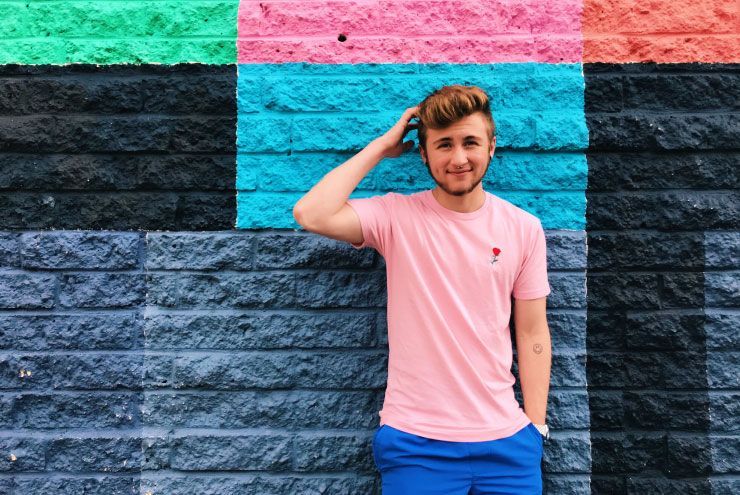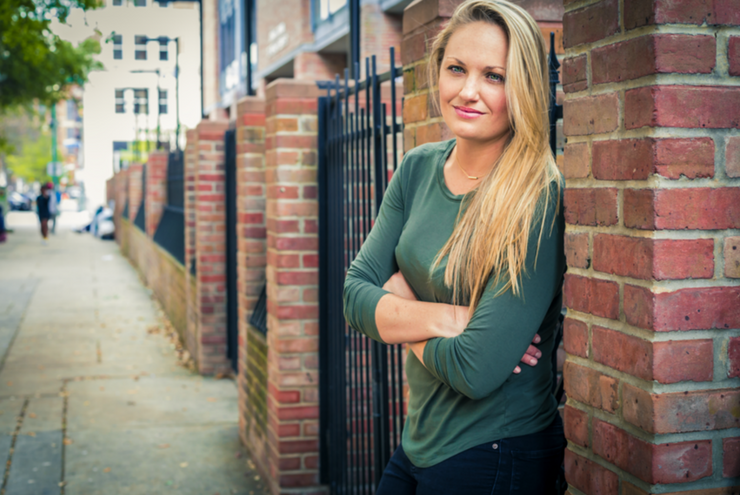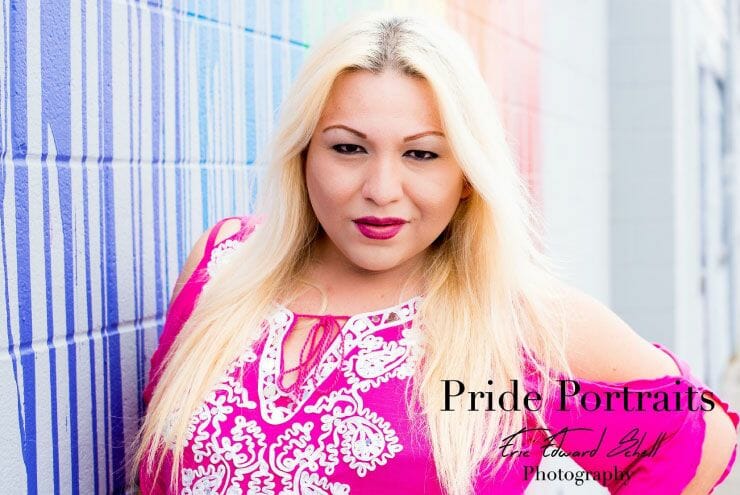By Sasha Lamprea
Dear Queer Brown Girl,
A good portion of the time you spend in grad school will feel like a suffocating, stifling heat weighing down on you, filling your lungs with unbearably thick air. You’ll be at a barbecue with friends, digging into a plate of ribs, and at the back of your head you’ll be thinking, This is nice but I have to get going soon—that paper isn’t going to write itself. You’ll be having dinner with your partner, she’ll stare at you with those clear brown eyes, and underneath all those warm and fuzzy feelings you get somewhere between your chest and your stomach, you feel it—What other research question could I pose? Did I write enough? Did I do enough? Grad school will often be an inescapable feeling of dread, an ongoing argument when all you want to do is go to sleep, a glass of water constantly being knocked. Now—don’t get me wrong—you will absolutely love grad school, but that shit will be draining and you will feel like you’re dying. Keep breathing; you’re not dying. You may not understand it at first, and you’ll ask yourself Why do I feel like I’m so much more worn out, so much more tired than most of my colleagues? Am I just not cut out for this? Do I just not belong in this space? Hindsight will be 20/20, girl. You feel this way because grad school—no, school in general—is not intended for people like you. For people like us. And the higher you go in the world of academia, or maybe it’s the older you get, the more obvious that becomes.
There. I said it.
You see, graduate courses (or at least the ones in your program) operate largely on the power of discussion among colleagues. This is all great, until the topic at hand is identity, or rights, or social justice. Suddenly, you aren’t just sharing opinions about literary characters or how science has changed the world—suddenly you’re defending your identity as people question it and try to decide if it’s “real,” or “natural,” or “valid.” Suddenly, people start glancing your way before they start their sentences with disclaimers like, “In my opinion…” or “No offense, but…” And that’s when you’ll know. You will suddenly notice that you’re sitting at the back of the classroom with the other black girls, rolling your eyes and smiling in understanding. You’ll know that you’re in a classroom overflowing with good intentions and minds that think they’re open, but aren’t. You’re in a space where straight girls tell you they’re proud allies, but talk over you and say they understand sexual orientation is not a choice but come on, how are you supposed to know you’re not straight from a young age? As if straight is the standard, straight is the norm. You’re in a space where people tell you they’re not racist, but constantly try to touch your hair and gush about how you should straighten it sometime, because they’re sure you’d look so beautiful—like your kinks and knots aren’t already beautiful, like straight hair would be an improvement. You’re in a space where discussion is open and important and valued, but where the line between “differing opinions” and “attacking a certain group of people” is thin, faint, blurry, and hardly enforced—all in the name of education. It’s a space that is meant to be challenging, and that will be even more challenging for you because you won’t just be working to complete the assignments and finish the papers, you’ll be in a constant war. You will be trying to do the work while battling the microaggressions and barriers brought to you by the centuries of oppression that created these academic institutions.
Listen, morena, I guess what I’m trying to say is that higher education is hard—and it’s even harder when you’re trying to prove that you deserve to be there as much as the next person. So when you start feeling like you’re having a harder time than your colleagues, it’s because you probably are. Be kind to yourself. Quit trying to be so tough all the time and to act like these things don’t bother you. Let them bother you. Use that sense of indignation to add fuel to your fire. You know you’re fire. You know you’ve been shaped by the books you’ve read and the classes you’ve taken. You also know you’ve been strengthened and sharpened by living your life as a queer, brown girl. You know you’re worth it. You know you’re deserving. You know you’re valuable. You know that degree is possible. So do the damn thing, ponte las pilas y echale ganas. Remember that you’re the phoenix, the mystery, and the fire all at once.
Love always,
You







